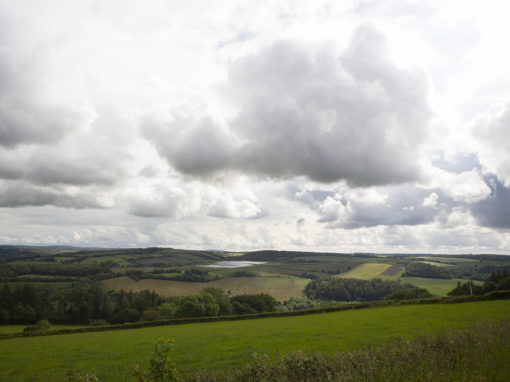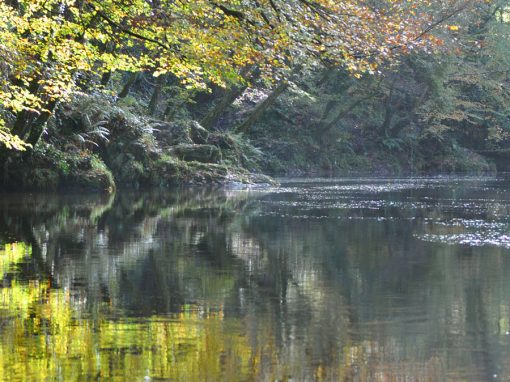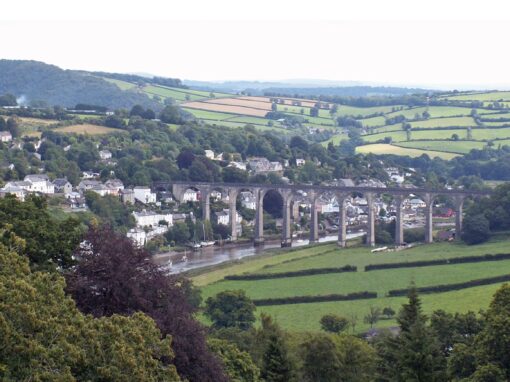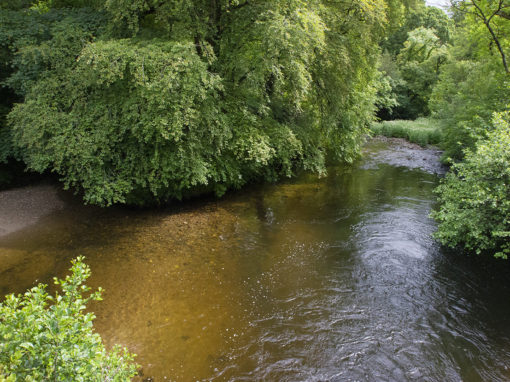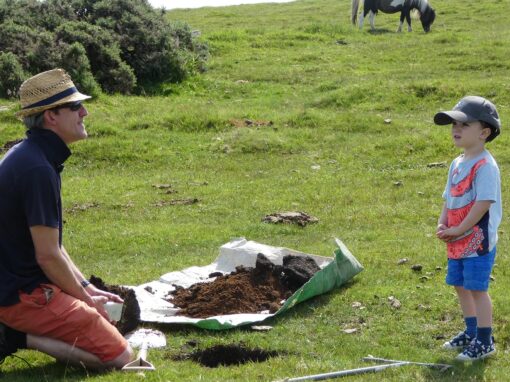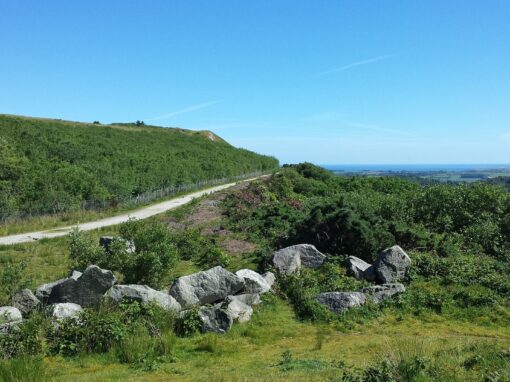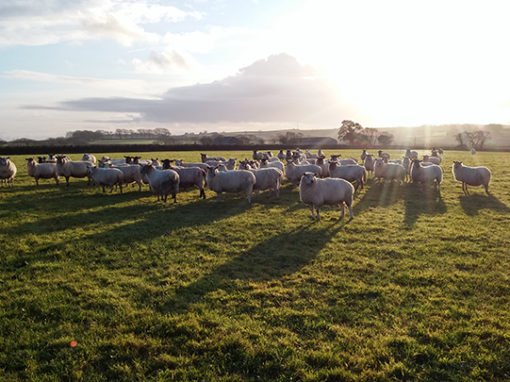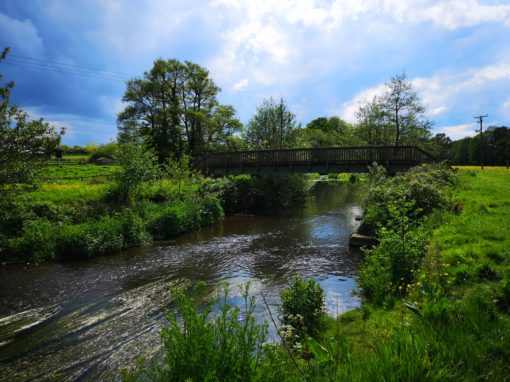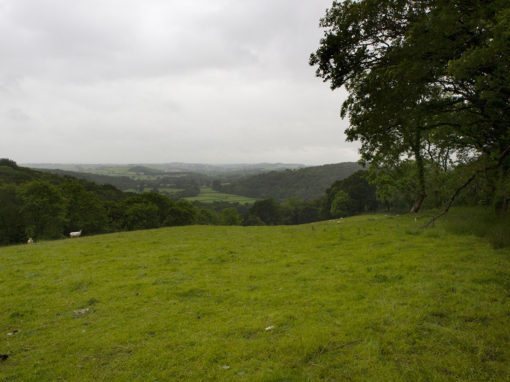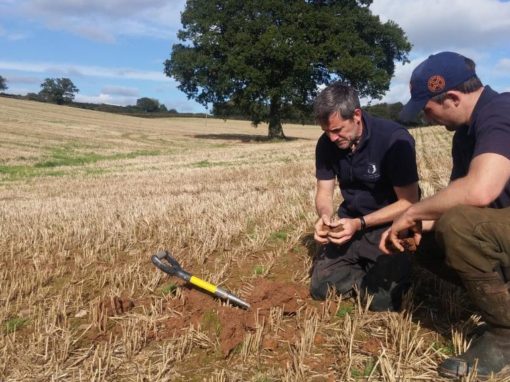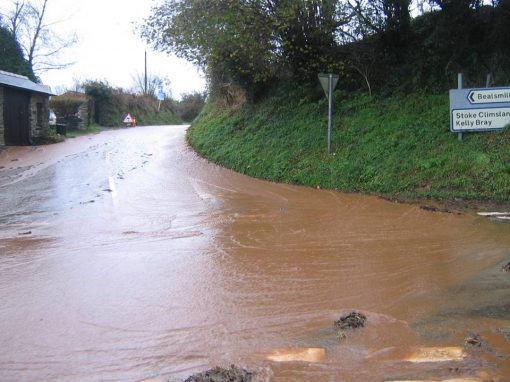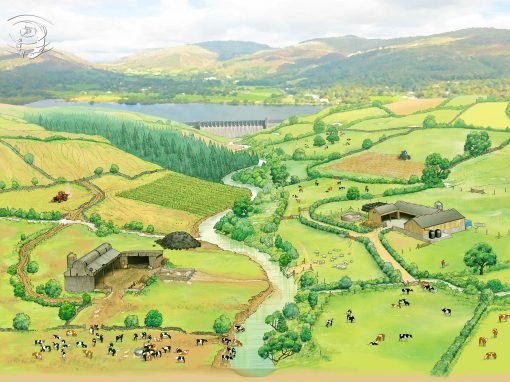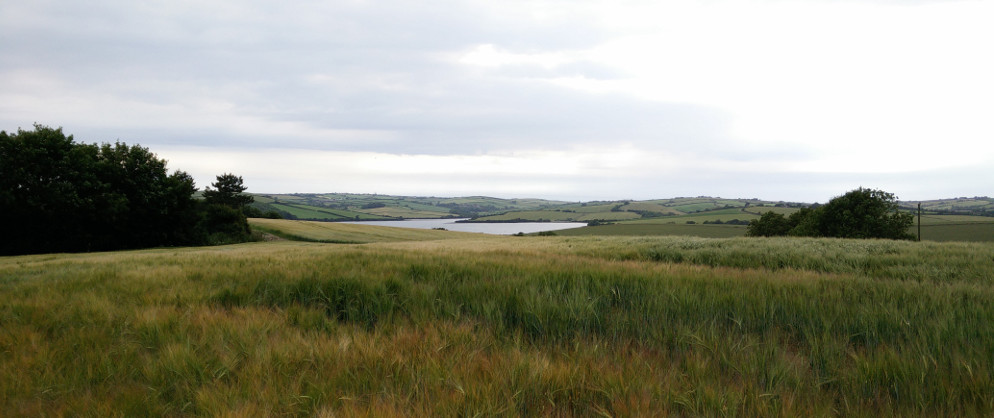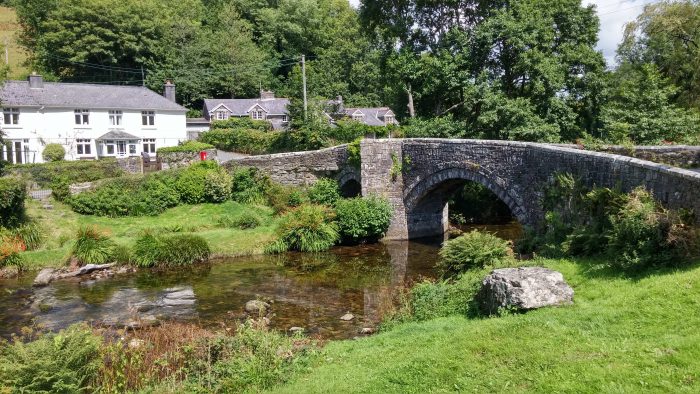The Catchment Based Approach (CaBA) aims to bring together multiple interests in river basin management planning and enable and engage local organisations, groups and communities in having greater involvement in this process. By working together in partnership with the major stakeholders to identify key goals within the catchment, the objective is to achieve more and progress further towards a sustainable future through the delivery of actions which align with the targets of the Water Framework Directive.
In 2012 the Westcountry Rivers Trust applied to host the Tamar Catchment Partnership. This group of stakeholders chose to adopt an Ecosystem Approach to evaluate multiple services and multiple benefits provided by a river catchment and the land that drains into it. This developed into a handful of themed interests which could be investigated in greater detail eg. point source water pollution, water resource, biodiversity and habitats etc. After discussion to identify and analyse data, using our unique Ecosystem Services mapping techniques, the Partnership were then in a position to fine-tune what they considered as key areas of risk and/or opportunity – and from here identified a list of intervention measures that would achieve maximum impact and multiple benefits. The process and the aspirations were drafted in the Tamar Plan which was delivered to Defra as a result.
Since 2012 the Partnership has been focussing on actions rather than meetings, which require funding to reach realisation. A number of small funding opportunities have arisen, as well as central support towards the CaBA programme. So far the Tamar Partnership has contributed to numerous works including……
Reducing point source and diffuse domestic or urban pollution – By identifying and targeting sewage misconnections and septic tank inputs it is possible to effectively and efficiently prevent these pollution sources contaminating the water course. This is a major element of the 3 Rivers Restoration Project in operation now on the Lower Tavy, Lumburn and Walkham – alongside work to provide advice to the farming sector.
Visit the Tamar Caba website
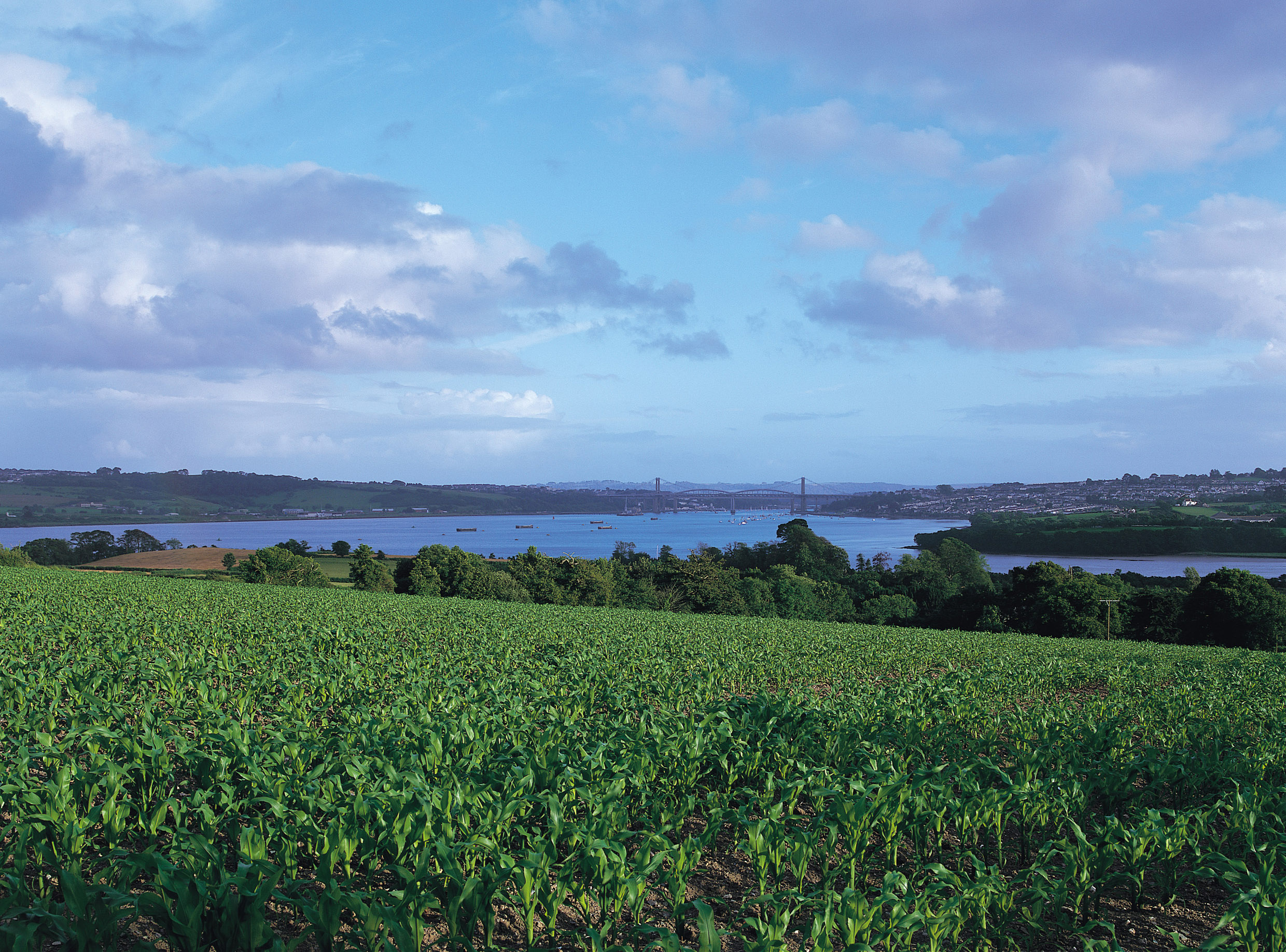
Produce – Supporting the setup of a local scale wholesale food hub within the region. Tamar Grow Local is an ambitious group of growers who are passionate about producing and distributing food locally. A small fund enabled them to trial wholesale chains in an effort to provide greater supply resilience for producers and has since led to other project success which has seen the operation grow.

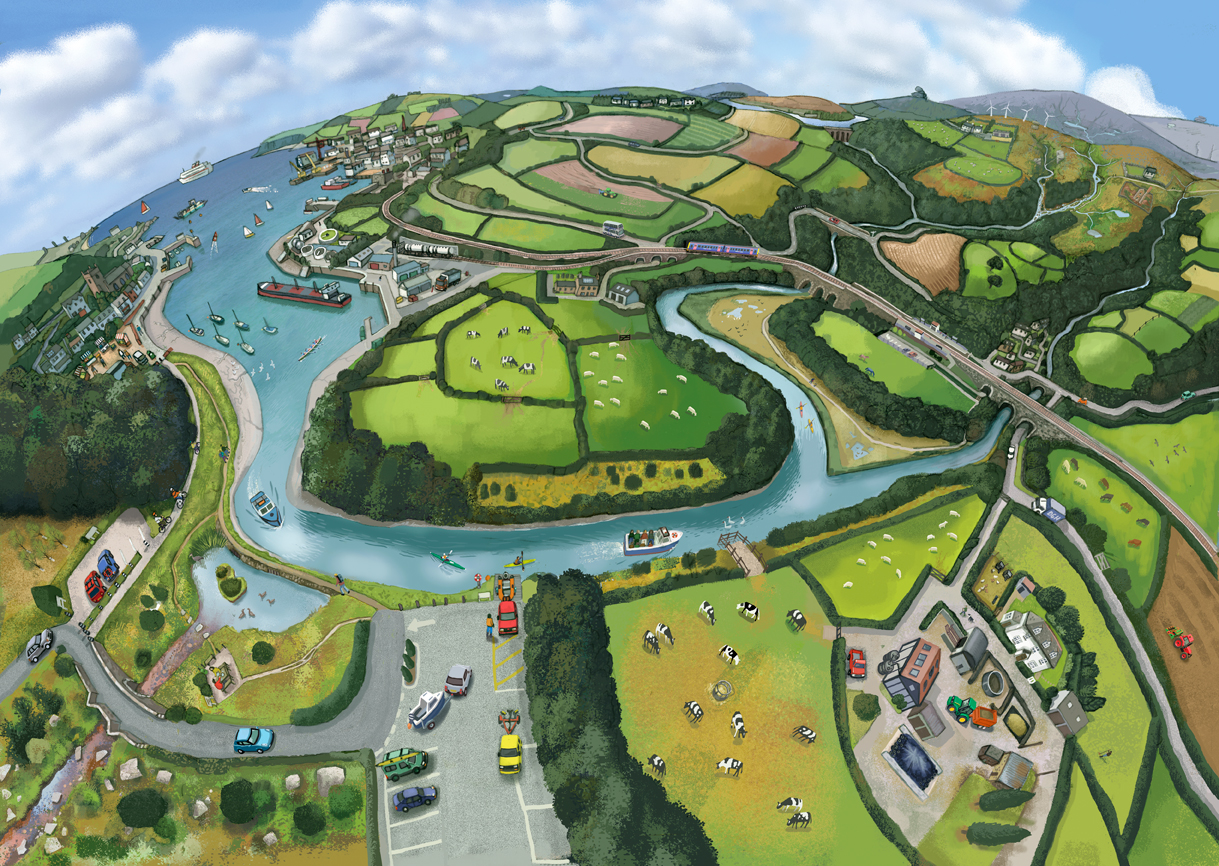
This is just a snapshot of the many activities being carried out within the Tamar Catchment. For more information sign up to our newsletter….
Other Land Management Activities
